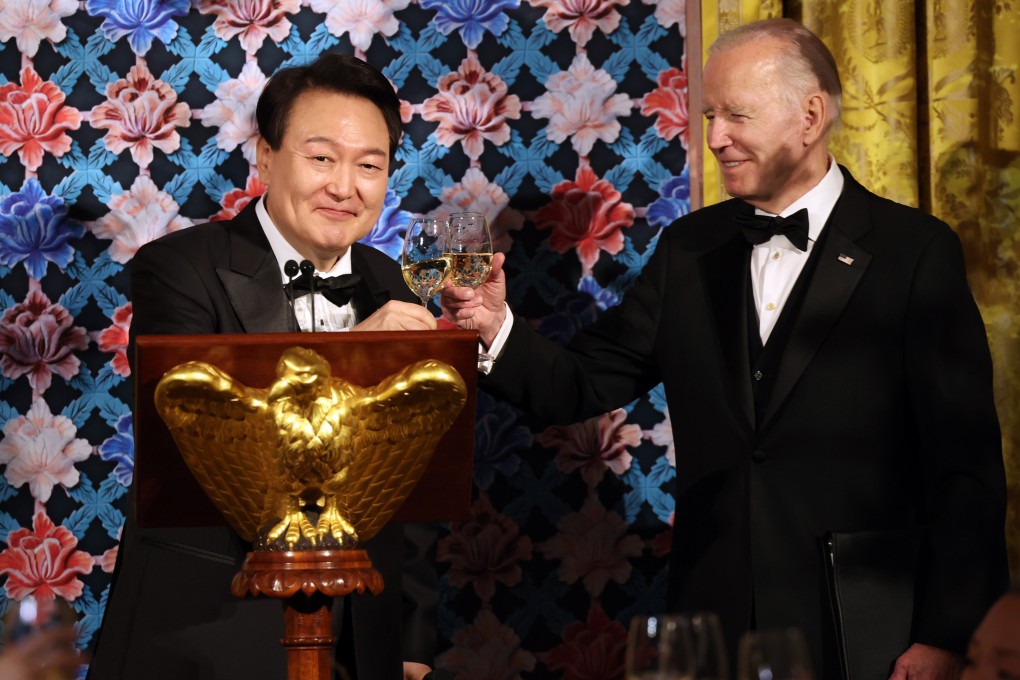Opinion | As US-China rivalry mounts, South Korea wants to be a ‘global pivotal state’ but it’s not as easy as it sounds
- President Yoon has touted his new Indo-Pacific policy and the Korean-Asean Solidarity Initiative as a key step to elevate Seoul’s strategic role in the region and become a ‘global pivotal state’
- But with South Korea not part of major groupings such as the Quad or Aukus, it lacks the diplomatic clout to attain its goal and instead focus on growing into a credible regional pivotal state

Closer to home, Yoon aims to increase Seoul’s role and contribution to the region as a “global pivotal state” – a term highlighted in South Korea’s “Strategy for a Free, Peaceful, and Prosperous Indo-Pacific Region” released last November. He is also advocating the new Korean-Asean Solidarity Initiative (KASI). First announced at the Asean-Republic of Korea (ROK) summit in November 2022, KASI seeks to elevate Asean-ROK relations to a comprehensive strategic partnership. It also seeks to increase the ROK’s regional standing through a suite of proposals to promote strategic coordination and comprehensive security cooperation.
Yoon’s foreign policy is consistent with that of his predecessors: closer interactions with Asean will give South Korea geopolitical ballast and reduce economic dependence on China at a time of intensified US-China rivalry. Yoon’s KASI and former president Moon Jae-in’s New Southern Policy, which had three pillars: people, prosperity, and peace, are similar. In KASI, “freedom” has replaced “peace”.

